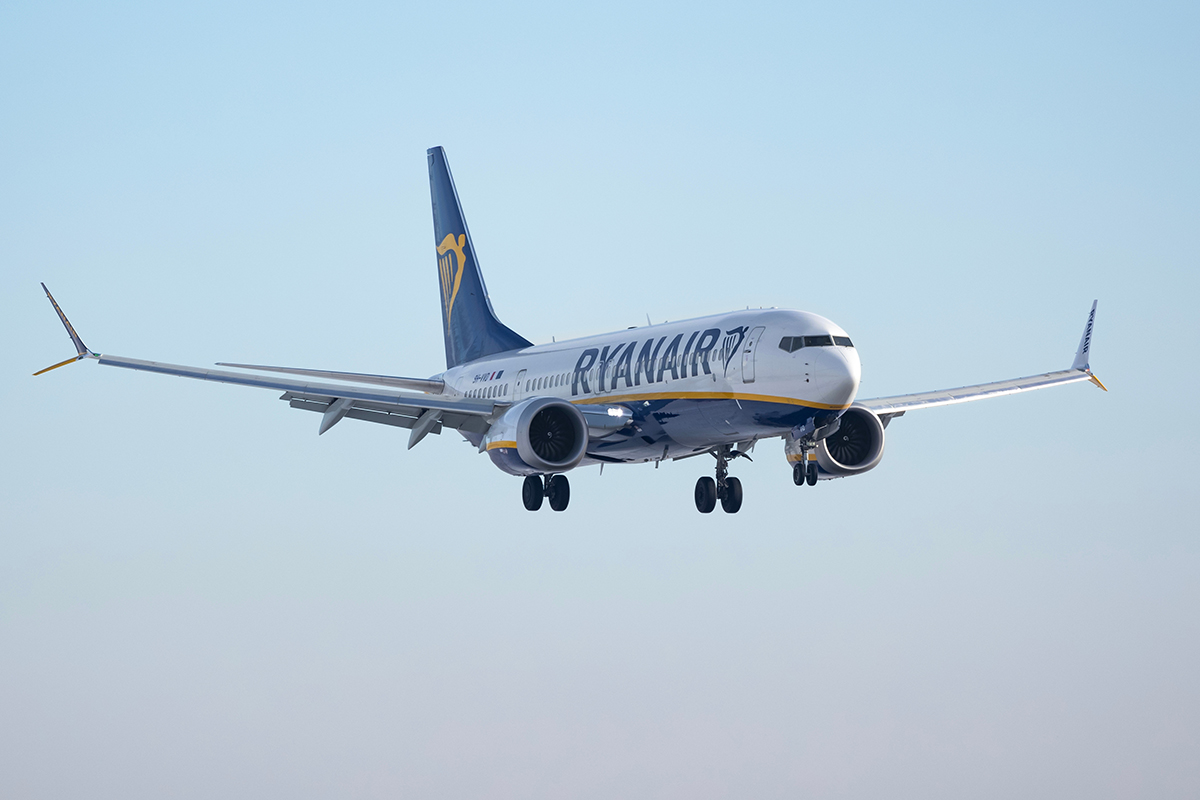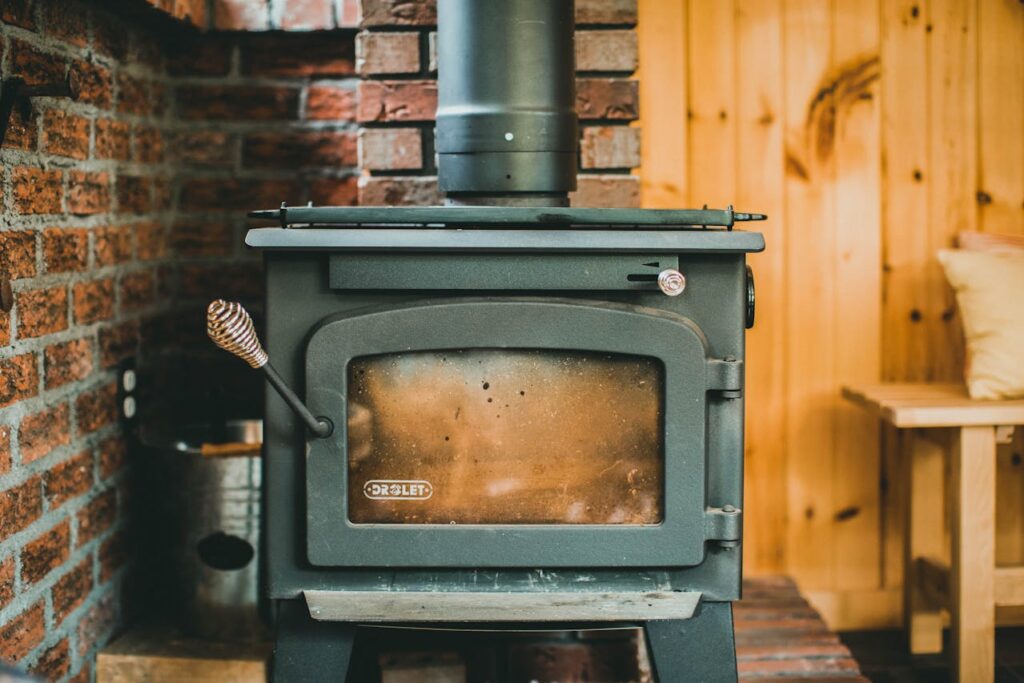
Ryanair was founded in 1984, but after an organizational restructuring in the early 1990s, it launched into business with a product that most people laughed at. By this point, commercial aviation was in full swing, and deregulation in the U.S. and Europe had opened markets to increased competition. From 1990 to 2000, global airline passenger numbers skyrocketed from 1.17 billion to 1.77 billion. Airlines in Europe were also granted the freedom to operate across all EU nations following the implementation of an EU liberalization policy. As a result, price wars were rampant and legacy airlines were fighting for dominance in maintaining contracts and keeping costs low.
Airline prices eventually fell across Europe toward the end of the century, and longstanding legacy airlines were compelled to rethink their growth strategies. Those carriers soon formed alliances, and by 2000, nearly every major international airline had joined a global group. The Star Alliance, founded in 1997, included Lufthansa, United Airlines, Air Canada, Scandinavian Airlines and Thai Airways as founding members. These traditional airlines acted out of visible fear that low-cost carriers (LCCs) were gaining power and offering consumers a more competitive product.
Ryanair’s strategy was inspired by Southwest
One of those LCCs was Ryanair. In 1988, at 27 years old, Michael O’Leary became chief financial officer, and soon, this confident and demanding young man would steer them toward a new approach.
O’Leary was promoted to CEO six years later and took the airline in a completely different direction. Inspired by the success of U.S. carrier Southwest Airlines, O’Leary saw real potential in the model to challenge the dominant alliances and introduce a unique offering to European travelers. While O’Leary was confident his refined low-cost model had promise, he couldn’t have predicted he had birthed an airline that would soon take over Europe. By no means is this an exaggeration. By 2019, Ryanair’s profits were over 1 billion euros, and they were reported to be transporting more passengers than any other airline in the continent.
Total revenue for Ryanair in 2019 reached a whopping 7.6 billion euros, making it the most successful year in the airline’s history at that point. This year, Ryanair has far outpaced Southwest Airlines in terms of net income, marking one of the most successful periods in its history. Ryanair achieved a staggering net profit of 1.917 billion euros (approximately $2.02 billion), while Southwest reported a more modest net income of $367 million. When explaining Ryanair’s success compared to the slow growth of American airlines like Southwest in recent years, O’Leary highlights the significantly different operational landscape in the U.S., which plays a vital role in his airline’s superior performance to other LCCs. Many legacy carriers like Lufthansa and British Airways in Europe have significantly reduced capacity since the aftermath of the COVID-19 pandemic and are continuously raising prices, argues O’Leary. This shift has provided Ryanair with the flexibility needed to expand and grow its market presence, capitalizing on the opportunities created by its competitors’ challenges.
Ryanair’s plan to offer the very least and charge the very least
O’Leary implemented a rather simple, yet revolutionary, plan for the airline: Offer the very least and charge the very least. The CEO scoffed at luxury airlines that were preoccupied with constructing first-class suite designs, gourmet menus and celebrity commercials. He argued that airlines had become truly out of touch with the demands of everyday middle-class consumers and demanded a new approach that ultimately left customers alone.
No complimentary food, outstanding service, TV screens, free check-in luggage—you’re given a seat, you navigate the dark complexities of your life, and before you know it, you’ve landed in Paris and it probably only cost you $20. Ryanair is honest and open about its no-frills experience, and directly markets to the cost-conscious consumer who is happy to feel a little unaccommodated. In today’s marketplace, consumers increasingly demand brand transparency, expecting clear communication about pricing and service offerings to guide their purchasing decisions.
O’Leary focused on the three facets of Southwest’s success formula when revamping the Ryanair model:
- Using one aircraft type
- Utilizing lower-cost secondary airports
- Offering a no-frills, low-cost public transport-like experience
As a result, Ryanair has long battled with bad publicity and humiliation, though O’Leary in his defiant and mildly egocentric approach, calls it all false and misleading. During a BBC Newsnight interview in 2013, O’Leary told viewers: “When you have the lowest fares in Europe, all you need is cheap publicity to persuade people.”
When O’Leary references “cheap publicity,” he’s really talking about himself. The CEO is the face of the brand and, since his appointment, has celebritized his status. “In the same way that we have product brands, a service brand or a country brand, we have a human brand,” Cleopatra Veloutsou, professor of brand management at the University of Glasgow, told European CEO. High-profile CEOs of global brands must navigate their public image with care, as any misstep can have devastating consequences that may ultimately result in falling share prices.
Though he may not exude a conventional media-savvy demeanor, O’Leary has a confident understanding of the media’s framing dynamics. O’Leary’s knack for navigating challenges can be attributed to his calculated consideration of public response. This expertise is forged through experience in public relations and how to get it right when it matters most.
During an appearance on Ireland’s The Late Late Show, O’Leary confirmed speculation regarding plans to charge passengers for using onboard toilets and revealed he was also exploring the concept of a standing cabin. Soon after, both those plans were scrapped. The Ryanair boss constantly flouts ridiculous ideas to the media to stir up attention and has been historically known for holding presidential-like press conferences where reporters can grill him.
After a damning BBC Panorama investigation, which suggested his airline was operating with fatigued pilots, falling short on passenger safety and conning consumers into “secret” added fees, O’Leary dismissed all those claims and refused a sit-down interview with the public broadcaster, fearing they would not release a full unedited version. Instead, the Ryanair boss hosted a press conference where he joked about charging passengers to use oxygen masks and operating casinos on board to drive revenue. For O’Leary, his promise is to offer the cheapest flight, and everything else is unwarranted of scrutiny in his mind.
O’Leary’s leadership has transformed Ryanair into a dominant force in European aviation, largely through his bold, attention-grabbing tactics. His unapologetic style keeps the airline in the spotlight, but his focus on maintaining an unbeatable price point is what truly drives Ryanair’s success. Although his approach may not fit every business context, it underscores the importance of understanding and delivering on core consumer demands. By relentlessly pushing the lowest fares, O’Leary illustrates how competitive pricing can create a lasting impact and, more importantly, cultivate a loyal and returning customer base. And as the airline CEO so succinctly told Skift in an interview, “All you have to do is make noise.”
Photo by kamilpetran/Shutterstock




